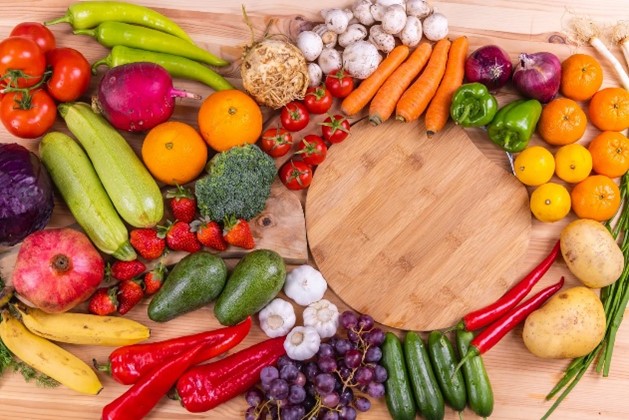 Karen Switkowski, PhD, MPH One of the most popular child feeding “hacks” is sneaking vegetables into a more kid-friendly food so that the child will unwittingly them. Vegetables are one of the most universal sources of parental feeding angst. However, the typical rejection of vegetables can be easier to manage when parents recognize that this is just a normal kid thing. Here is a quick summary of what is going on: In general, kids will voluntarily eat 1) what they like and 2) what is familiar to them. “Liking” is the major factor for young babies, who will instinctively reject anything that tastes bitter, an innate way of protecting themselves from ingesting toxins. Many vegetables taste bitter so babies spit them out, and parents might stop offering them in favor of something that the baby seems to enjoy more. As the baby grows into a toddler, they hit the neophobic (“fear of new things”) stage, when they refuse to engage with the unfamiliar, including foods that they have not eaten regularly. The neophobic phase can last for a long time, and once kids are mostly past it (at around 6 years old), food preferences and eating habits are well-established and often don’t include vegetables. This is when it might be tempting to start “hiding” the vegetables, which might work for awhile. But let’s consider how this is impacting the child’s long-term relationship to vegetables and to food in general:
If you’d like to read more about this and other topics related to child feeding and nutrition, you can check out my newsletter at https://justonebite.substack.com/.
0 Comments
Your comment will be posted after it is approved.
Leave a Reply. |
©2017 WeighingInBlog. All rights reserved. 401 Park Drive, Boston, MA




 RSS Feed
RSS Feed

